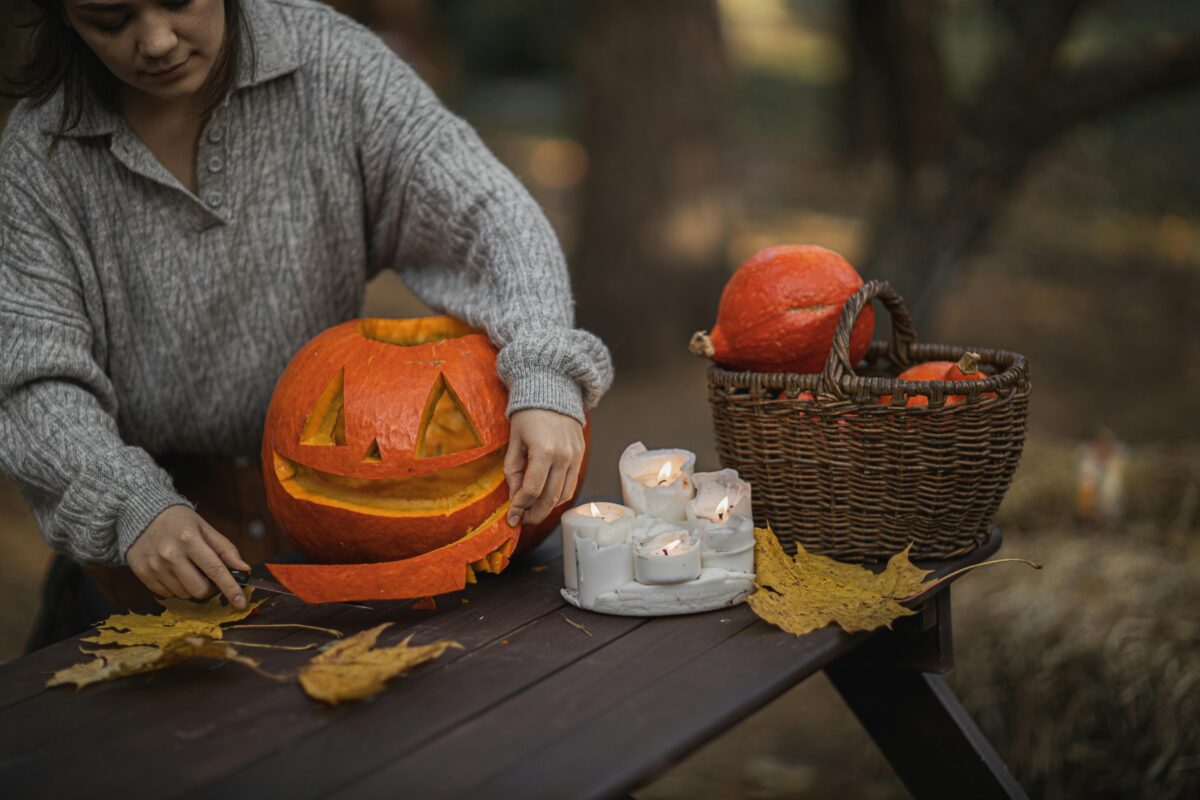The celebration of Halloween has become a significant cultural event, marked by costumes, trick-or-treating, and various festivities. However, its origins and the practices associated with it often raise questions among Christians regarding its compatibility with biblical teachings. This article explores what the Bible says about Halloween, examining both the historical context of the holiday and its implications for modern-day observance.
Historical Context of Halloween
Halloween, or All Hallows’ Eve, has roots that trace back to ancient Celtic festivals, particularly Samhain, which marked the end of the harvest season and the onset of winter. During this time, it was believed that the boundary between the living and the dead was blurred, allowing spirits to roam the earth. As Christianity spread, these pagan practices were gradually integrated into church traditions, leading to the modern-day celebration of Halloween. The church designated November 1 as All Saints’ Day, a time to honor saints and martyrs, and the night before became known as All Hallows’ Eve.
Biblical Perspectives on Spirits and the Occult
Throughout the Bible, there are numerous references to the spiritual realm, including warnings against engaging with spirits and the occult. Deuteronomy 18:10-12 explicitly advises against practices like divination, witchcraft, and consulting the dead. These verses reflect God’s command to avoid any forms of spiritual practices that could lead believers away from Him.
In the New Testament, Ephesians 5:11 encourages Christians to “take no part in the unfruitful works of darkness, but instead expose them.” This call to discernment is pivotal for Christians considering participation in Halloween festivities, particularly those that may glorify darkness or the occult.
The Meaning of Light and Darkness
In biblical symbolism, light often represents purity, truth, and the presence of God, while darkness signifies sin, ignorance, and separation from God. John 1:5 states, “The light shines in the darkness, and the darkness has not overcome it.” This fundamental principle invites Christians to reflect on their participation in Halloween: Does it promote light or darkness? Celebrating Halloween in a way that emphasizes light—such as focusing on community, kindness, and generosity—can align with Christian values, while practices that embrace fear and the macabre may not.
Engaging with Culture While Upholding Values
Many Christians choose to engage with Halloween in a way that reflects their values. This can include hosting fall festivals, harvest parties, or church events that provide an alternative to traditional Halloween activities. These events can serve as a platform for community building and sharing the message of Christ without compromising biblical principles. By creating a family-friendly atmosphere, Christians can celebrate the season while reinforcing their commitment to faith.
Personal Reflection and Community Decisions
Deciding whether to participate in Halloween activities often requires personal reflection and consideration of one’s community. Each family may approach Halloween differently based on their convictions and understanding of scripture. It is essential for families to discuss their values and the message they wish to convey through their actions. For some, abstaining from Halloween altogether feels right, while others may find ways to participate that align with their beliefs.
Additionally, engaging in discussions within church communities can provide clarity and support. Groups can explore the implications of Halloween together, fostering an environment where individual choices are respected while remaining rooted in biblical teachings.
Halloween presents a unique opportunity for Christians to navigate cultural practices with discernment. By understanding its historical roots and the biblical principles regarding spirits and darkness, believers can make informed decisions about their participation. Whether choosing to abstain from Halloween or to celebrate it in a manner consistent with Christian values, the focus should remain on promoting light, love, and community. Ultimately, each Christian is called to seek wisdom and guidance from God as they navigate this complex cultural landscape.
